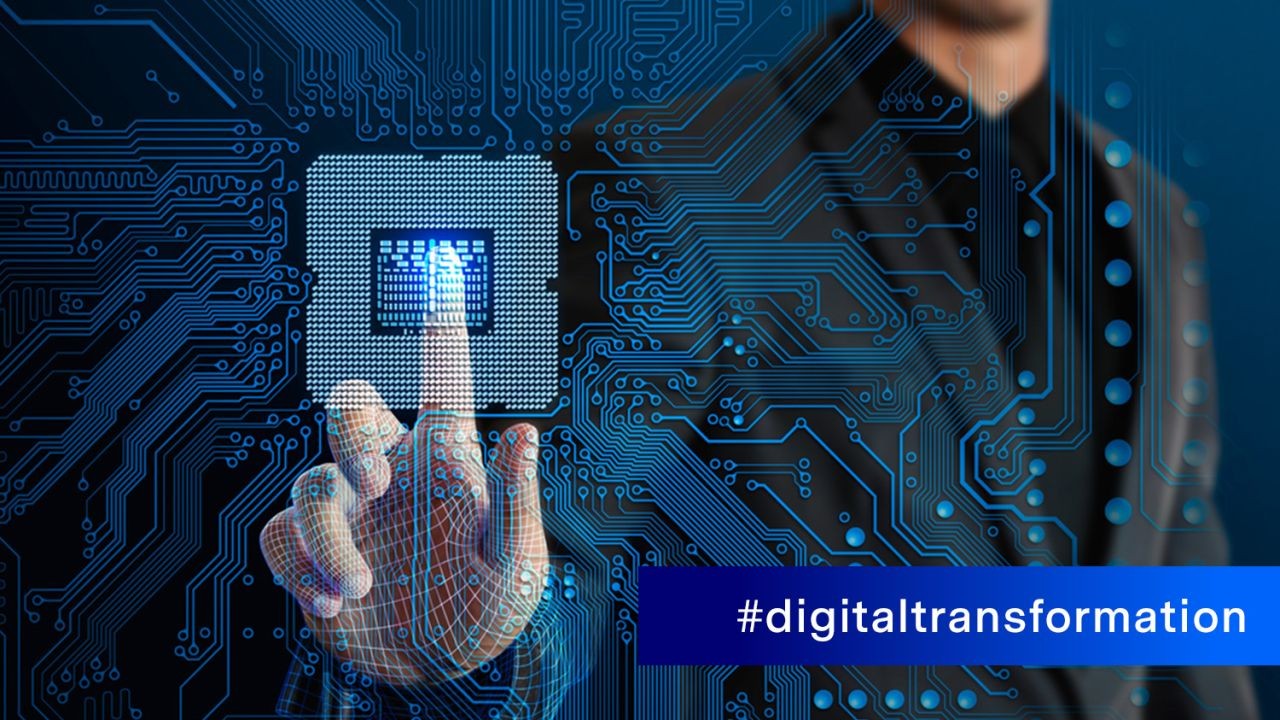How Technology Will Change Healthcare in New Zealand in the Next 20 Years
Imagine walking into a healthcare clinic in New Zealand where a quick scan by an advanced AI system instantly diagnoses your condition and prescribes a tailor-made treatment plan. While this might sound like a scene from a science fiction movie, it's a glimpse into the not-so-distant future of healthcare in the country. The digital transformation of the healthcare sector is no longer a mere possibility—it's an impending reality that promises to enhance patient outcomes, reduce costs, and improve access to medical services.
The Current State of Healthcare in New Zealand
New Zealand's healthcare system is lauded for its strong public health infrastructure and a focus on community well-being. However, it faces challenges such as long wait times for specialist appointments and disparities in healthcare access for rural populations. According to Stats NZ, healthcare spending accounts for over 9% of the country's GDP, and the demand for services is expected to rise due to an aging population.
Technology's Role in Addressing Current Challenges
Technological advancements offer promising solutions to existing healthcare challenges in New Zealand. By integrating telehealth services, AI diagnostics, and digital health records, the country can streamline patient care and improve efficiency. For example, the Ministry of Health's Digital Health 2025 strategy aims to leverage technology to empower patients and enhance health outcomes.
How Emerging Technologies Will Transform Healthcare
AI and machine learning
Artificial intelligence (AI) and machine learning (ML) are at the forefront of healthcare innovation. These technologies facilitate early disease detection, personalized treatment plans, and improved patient monitoring. New Zealand's healthcare providers are already experimenting with AI to analyze medical data and predict patient outcomes, potentially reducing hospital readmissions by up to 20%.
telemedicine
telemedicine is bridging the gap between patients and healthcare providers, especially in remote areas. With advancements in digital communication tools, New Zealand aims to expand telehealth services, making medical consultations more accessible. The COVID-19 pandemic accelerated this trend, with telehealth consultations increasing by 45% in 2020 alone, according to a report by the Ministry of Business, innovation, and Employment (MBIE).
Wearable Health Technology
Wearable devices are revolutionizing how individuals monitor their health. From fitness trackers to advanced medical devices, wearables provide real-time health data, enabling proactive healthcare management. In New Zealand, initiatives like the Precision Driven Health partnership are exploring how wearable technology can integrate with healthcare systems to offer personalized care.
Case Study: Waikato District Health Board – Leveraging AI for Better Outcomes
Problem: The Waikato District Health Board (DHB) faced challenges with long wait times for diagnostic services, impacting patient care and satisfaction.
Action: In 2022, Waikato DHB implemented an AI-driven platform to prioritize diagnostic imaging, allowing for more efficient patient triage and timely interventions.
Result: Within a year, the initiative reduced patient wait times by 35%, improved diagnostic accuracy, and increased patient throughput by 25%.
Takeaway: This case study underscores the potential of AI in optimizing healthcare delivery, highlighting its role in enhancing efficiency and patient outcomes.
Pros and Cons of Technological Integration in Healthcare
Pros:
- Increased Efficiency: Automation and AI streamline administrative tasks, allowing healthcare professionals to focus on patient care.
- Improved Patient Outcomes: Personalized treatment plans and real-time monitoring lead to better health management.
- Cost Reduction: Technology reduces healthcare costs by minimizing unnecessary tests and hospital readmissions.
- Accessibility: telemedicine and digital health tools make healthcare more accessible, particularly in rural communities.
Cons:
- Data Privacy Concerns: The integration of digital health records raises concerns about data security and patient privacy.
- Implementation Costs: Initial investments in technology infrastructure can be substantial, posing a barrier for smaller practices.
- Technology Dependence: Over-reliance on technology may reduce the emphasis on traditional patient-doctor interactions.
Future Trends and Predictions
Looking ahead, the future of healthcare in New Zealand is poised for significant transformation. By 2035, AI is expected to play a pivotal role in predictive diagnostics and treatment planning, with the potential to save the healthcare system billions of dollars annually. Additionally, advancements in genomics and personalized medicine will allow for tailored treatments based on an individual's genetic makeup, further enhancing patient outcomes.
Contrasting Viewpoints: Navigating the Ethical Landscape
While technology offers immense potential, it also raises ethical questions surrounding data privacy and the role of AI in decision-making. Advocates argue that technological integration enhances efficiency and accuracy, while critics caution against the risks of data breaches and algorithmic bias. Striking a balance between innovation and ethical considerations will be crucial in shaping the future of healthcare in New Zealand.
Common Myths & Mistakes in Healthcare Technology
Myth vs. Reality
- Myth: "Technology will make healthcare impersonal." Reality: Technology enhances personalized care by offering data-driven insights and tailored treatment plans.
- Myth: "AI will replace healthcare professionals." Reality: AI is designed to augment, not replace, healthcare professionals by providing decision support and automating routine tasks.
- Myth: "telemedicine is only for urban areas." Reality: telemedicine is particularly valuable for rural populations, providing access to specialists without the need for travel.
Biggest Mistakes to Avoid
- Underestimating Data Security: According to a 2023 report by the Privacy Commissioner, healthcare data breaches can cost organizations millions. Invest in robust cybersecurity measures to protect patient information.
- Ignoring Patient Training: Ensure patients understand how to use digital health tools effectively. Educational programs can enhance user engagement and satisfaction.
- Overlooking Staff Training: Successful technology integration requires comprehensive staff training to maximize the benefits of new systems.
Conclusion
In conclusion, the next 20 years hold immense potential for technological advancements to reshape the healthcare landscape in New Zealand. By embracing innovation and addressing ethical considerations, the country can enhance healthcare delivery, improve patient outcomes, and ensure equitable access to medical services. The future of healthcare is bright, and the journey towards a digitally-enabled health system is well underway.
If you're interested in staying updated on the latest healthcare innovations, consider subscribing to our newsletter for regular insights and expert analysis. What are your thoughts on the role of technology in healthcare? Share your insights in the comments below!
People Also Ask
- How will AI impact healthcare in New Zealand? AI is expected to enhance diagnostics, personalize treatments, and improve patient monitoring, leading to better health outcomes.
- What are the potential risks of telemedicine? While telemedicine improves access, it raises concerns about data privacy and the quality of virtual consultations.
- How can New Zealand ensure ethical use of healthcare technology? Implementing robust data protection laws and ethical guidelines will be key to ensuring responsible technology use.
Related Search Queries
- Future of healthcare in New Zealand
- AI in New Zealand's healthcare
- telemedicine adoption in New Zealand
- Wearable health technology trends
- Healthcare data privacy in New Zealand































